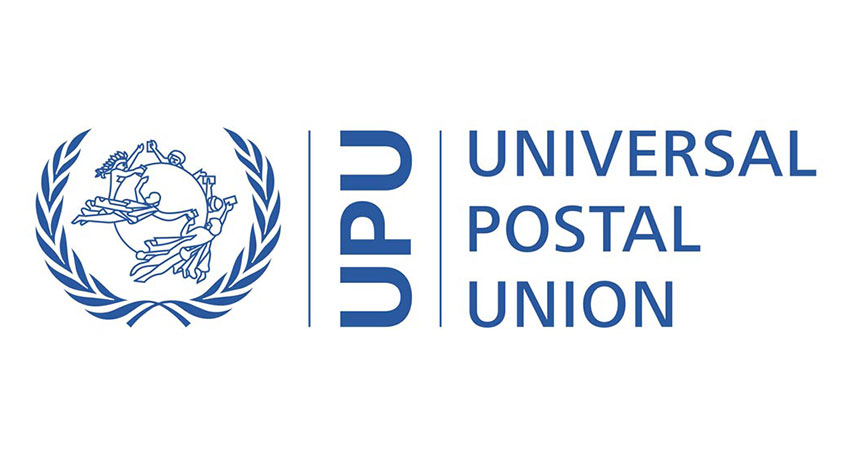The Postal Regulatory Commission has approved a range of postal rates for smaller packages originating from overseas to the United States, part of an effort to level the playing field for U.S. merchants and manufacturers disadvantaged by international postage rules.
This action gives the PRC and the USPS leeway whether or not the U.S. remains in the Universal Postal Union (UPU), a conglomeration of 192 countries charged with setting postal rates among member states. The proposed rates impact packages weighing 2 kilograms or less, about 4.4 pounds.
Under existing UPU guidelines, some member states, notably China, receive significantly discounted postal rates as “developing” countries even though that hasn’t been the case for some time. This is allowing Chinese merchants to substantially undercut U.S. competitors, to the point where shipping is often cheaper from China to the U.S. than it is within the U.S.
This inequity is what led the Trump administration to consider a pullout from the UPU over so-called terminal dues or UPU negotiated UPU rates, most recently set in 2016. The difference between terminal dues and the U.S. Postal Service’s costs has in effect been a subsidy for many foreign shippers.
“This was an essential procedural step in order for the U.S. to self-declare its rates and thereby provide fair postal rates for the U.S. mailers, manufacturers and workers harmed by the current system,” Peter Navarro, assistant to the president for trade and manufacturing policy, told Bloomberg Government.
By self-declaring rates, Navarro told Bloomberg, “the Trump administration will end the unfair subsidies now lavished on foreign producers and it will self-declare either inside or outside the UPU—pending the outcome of the Extraordinary Congress,” a meeting of all UPU members set for Sept. 25 in Geneva.
The new rates are under seal for the present, with the stipulation that the USPS must disclose them within 15 days of their effective date. Several groups including UPS have urged the PRC to make the rates public, arguing it makes it harder to evaluate the changes and could negatively impact negotiations at the UPU meeting.
UPS argued that having the proposed rates under seal “made it harder for relevant stakeholders to comment meaningfully on whether [they satisfy] all statutory requirements and are consistent with the policies outlined in the Presidential Memorandum,” i.e. the Trump administration’s 2018 task force report suggesting postal reforms.
The U.S. Chamber of Commerce similarly complained about a lack of transparency, saying it “severely handicap[s]” the ability of interested parties to provide informed comments, according to the PRC filing.

